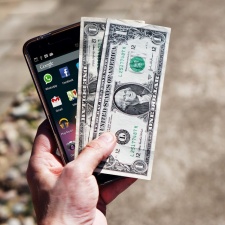Influencer marketing fraud is currently in the limelight and companies in the space are working to combat it.
Boston based influencer marketing company Mavrck released a new system recently that can calculate an influencer's risk of fraudulent behaviour based on purchasing follows or engagements. The system will give that influencer a rating.
Further efforts to detect and prevent this type of fraud aren’t recent, but they have been altered as technology has improved and as various marketers have become more aware of the issue.
Behave yourself
A report by the New York Times at the start of 2018 on a company that sells fake followers, and comments made by Unilever CEO Keith Weed gave the issue traction once again. Companies such as Twitter have recently made more efforts to remove bots from the platform.
“As a startup, you can yell and scream, and people won’t listen as much as they will a CMO that owns many brands. It helps to get people like Keith talking about it,” said Captiv8 co-founder Krishna Subramanian.
Solutions to prevent fraud are difficult to provide and are far from perfect. Algorithms of Mavrk and Izea, another influencer marketing company require a sample of an influencer’s following to determine the level of fraud possible.
“A year ago, we had benchmarks that were like, ‘This is what you should be getting. If you’re above or below that benchmark, it’s kind of fishy,’” said CEO of Mavrck Lyle Stevens.
“Influencer marketing still falls victim to the idea you’re an influencer because of your audience. That’s historically true, but the assets they create, separate from their audience, also have value. Someone can create high-quality imagery and then the photo can be repurposed so that photo influences sales."












